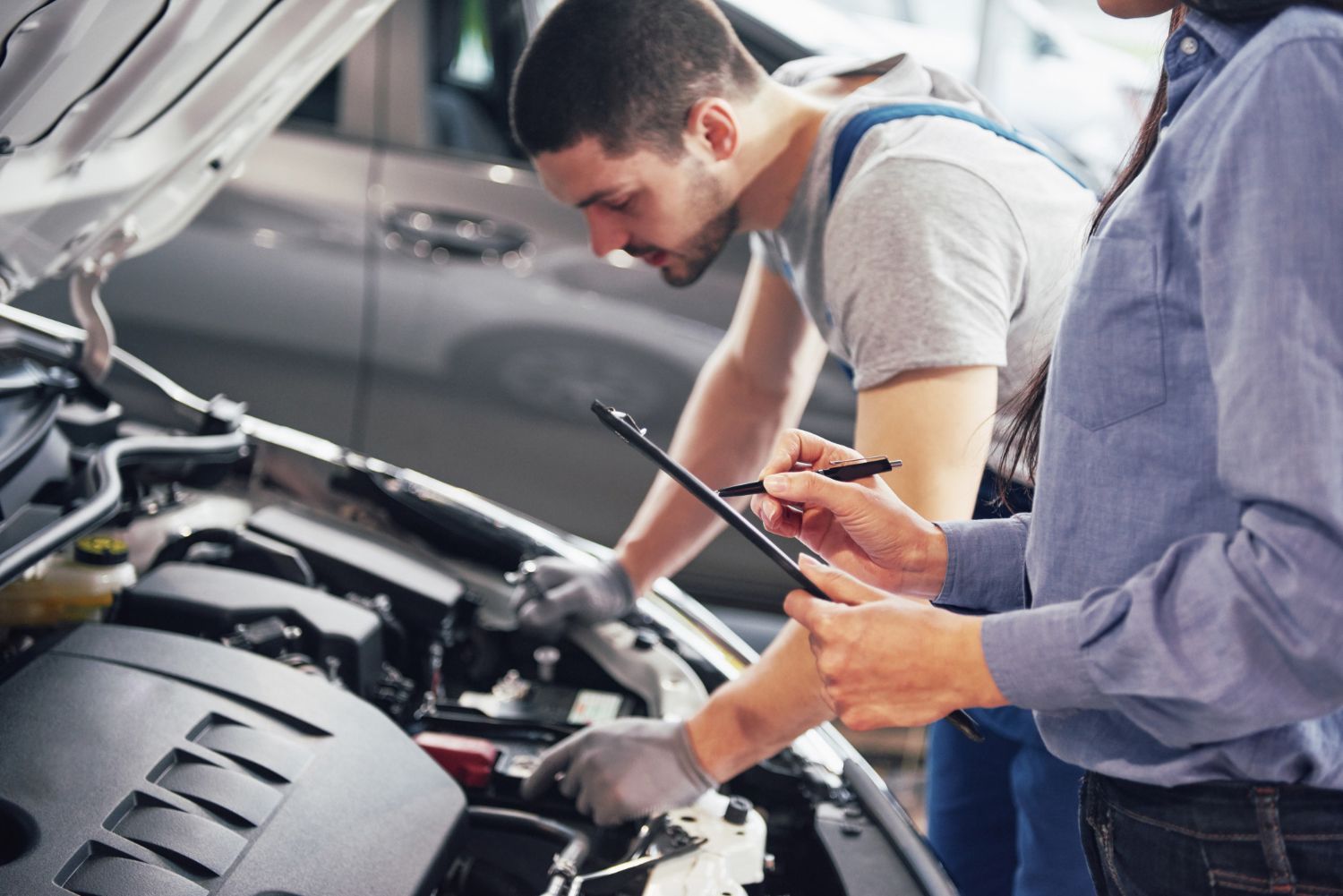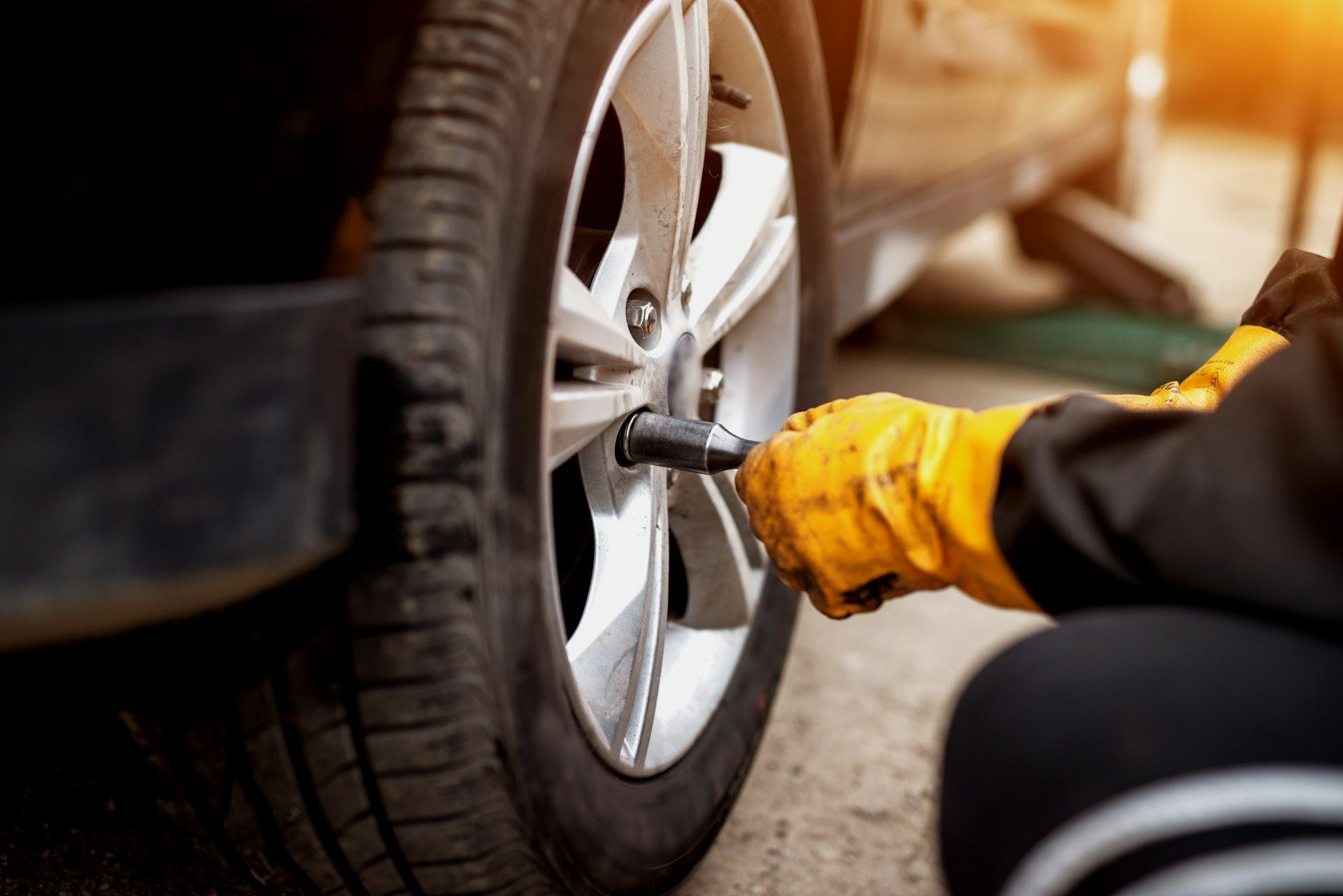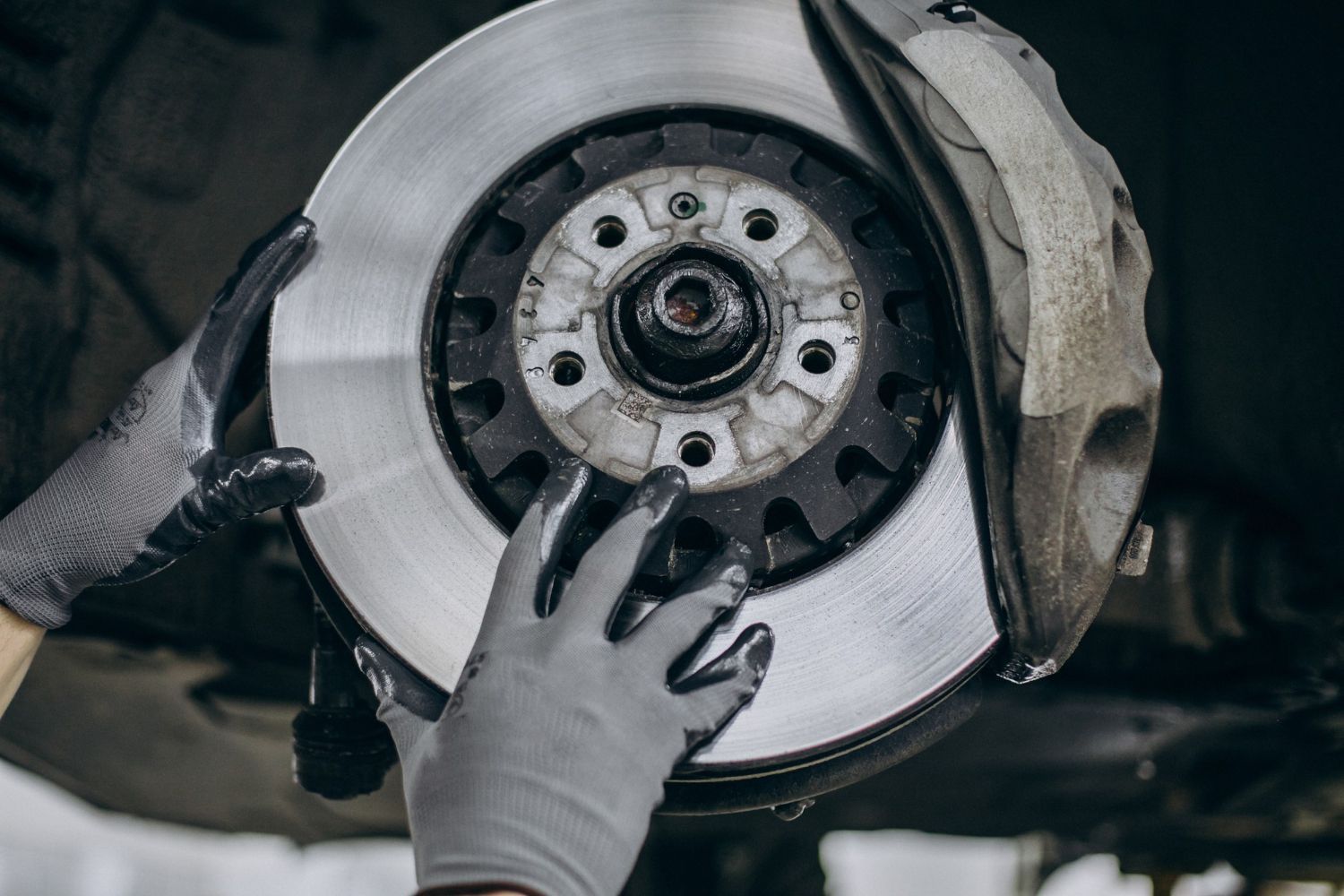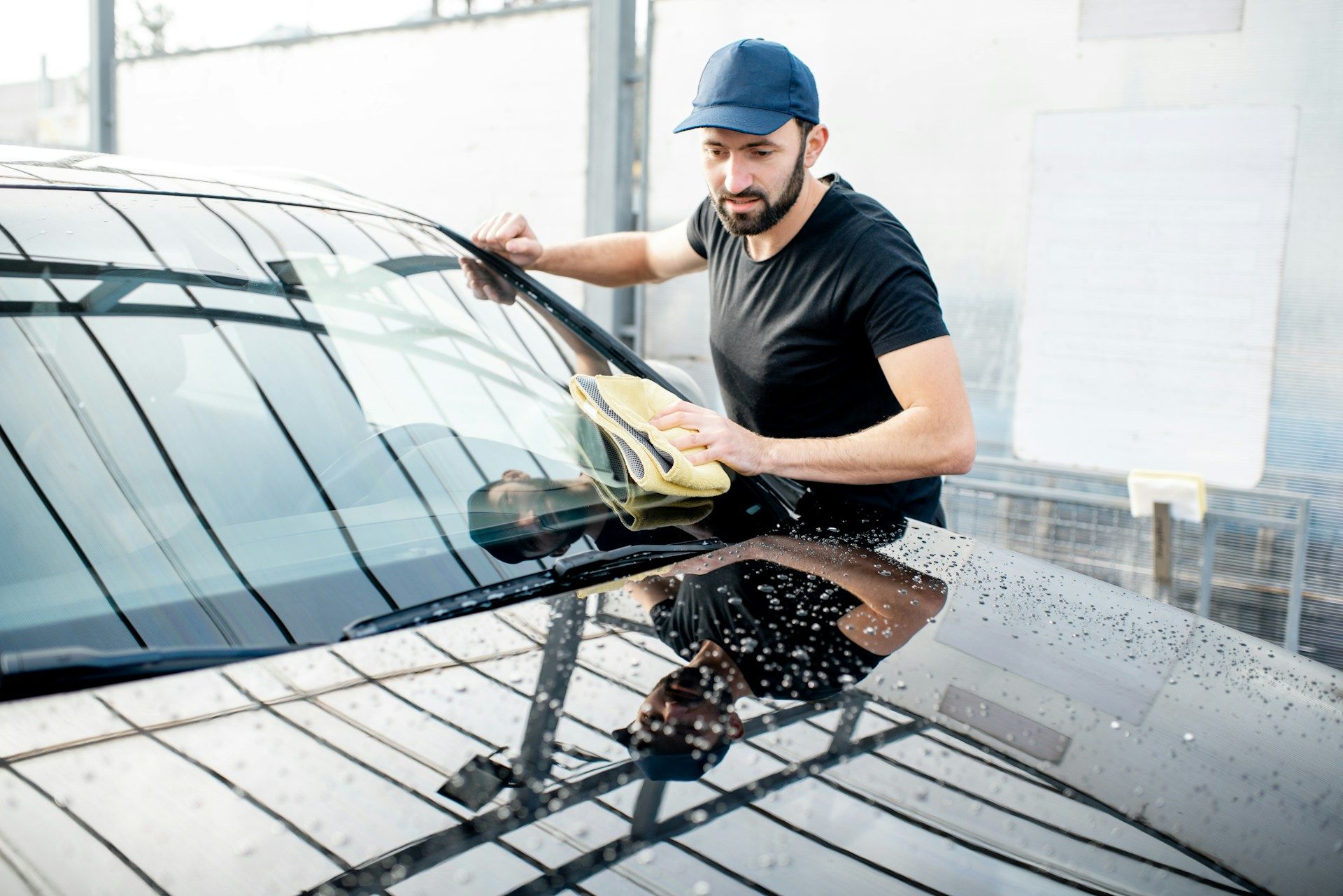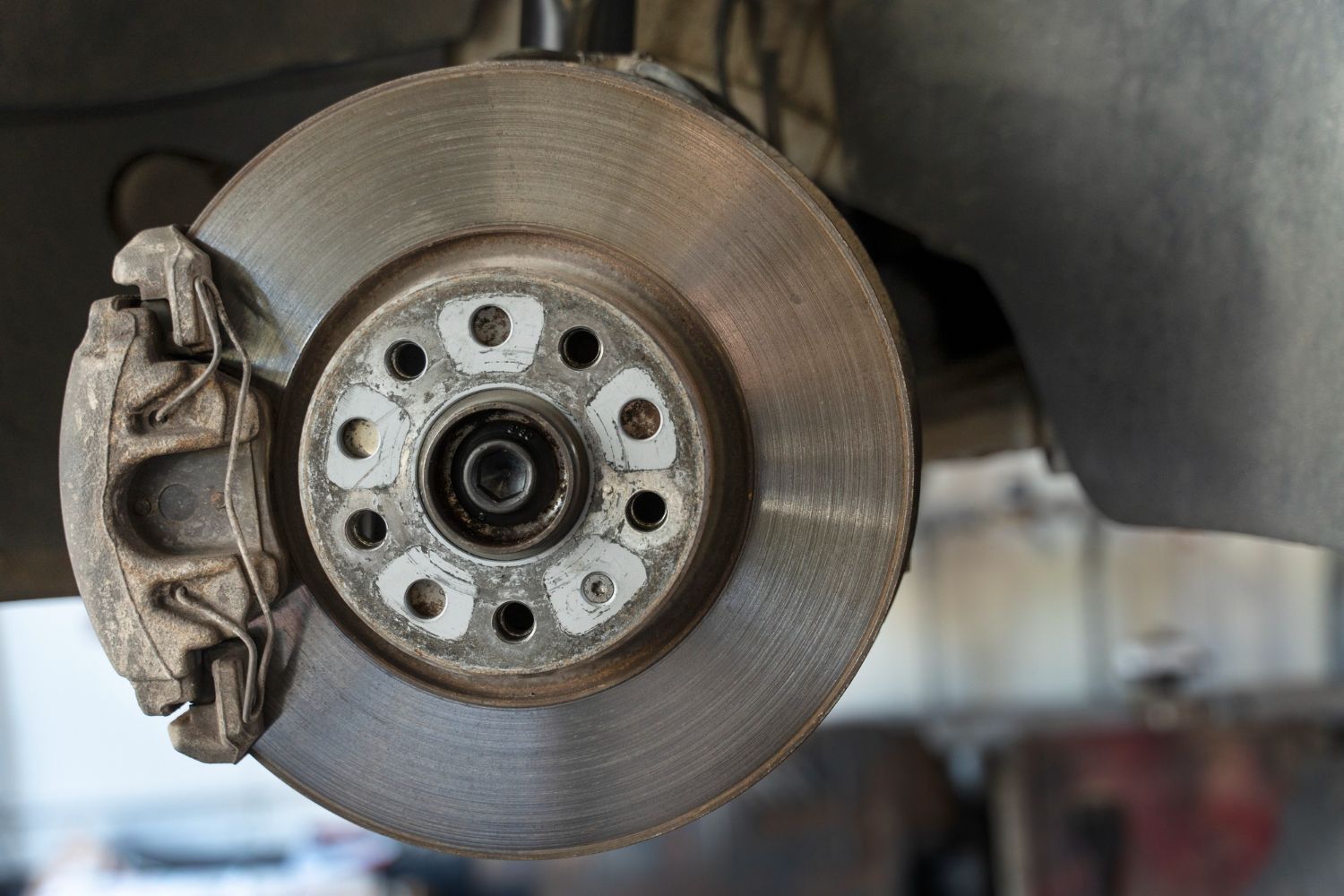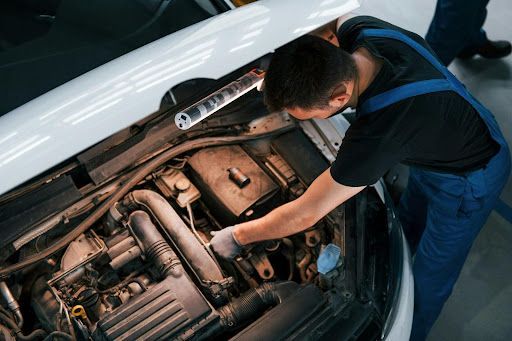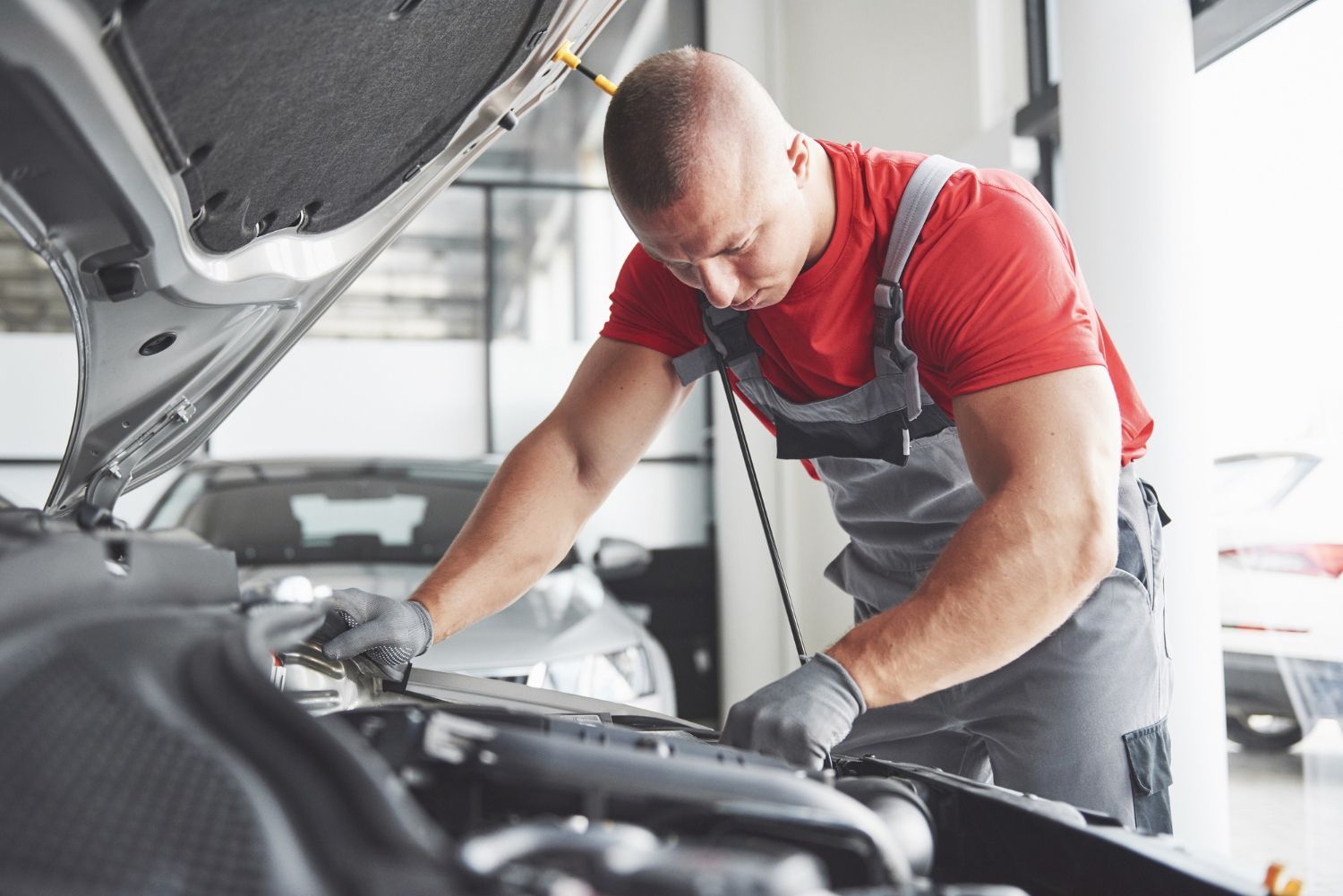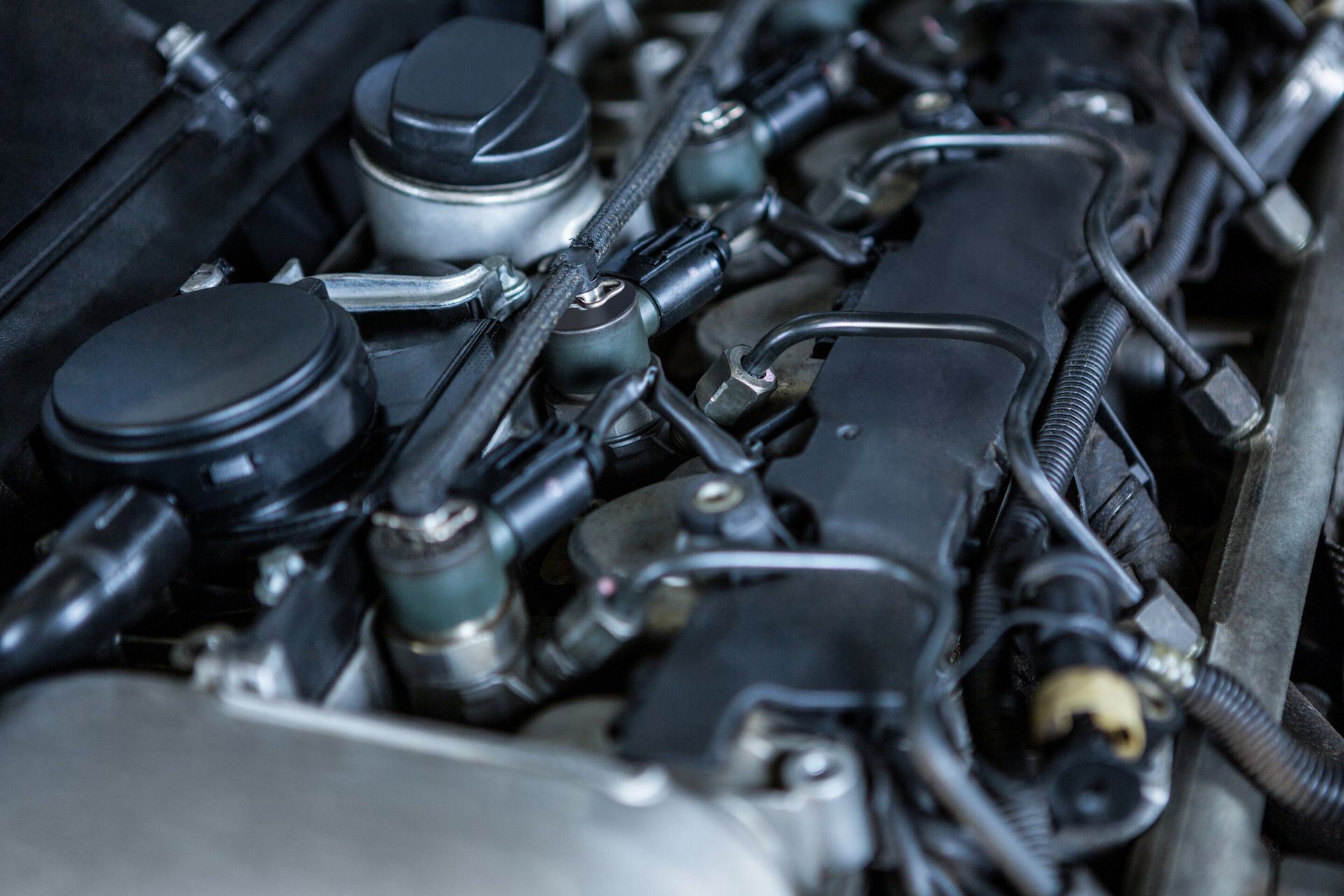Text Us @ 678-863-1912
Brake Calipers in Athens, GA: What They Are & What They Do
When it comes to vehicle safety and maintaining optimal performance, a well-functioning braking system is paramount. Among the numerous components that make up your vehicle's braking system, brake calipers play a crucial role. However, not everyone is aware of exactly what brake calipers are, their purpose, and when they might require replacement. This blog post will provide detailed insight into brake calipers, their primary function, and their role in ensuring your safety on the road.
Picture yourself driving down a busy street or highway; while enjoying the drive, you suddenly spot an obstacle in front of you and immediately hit the brakes. At this moment, your brake calipers spring into action, helping to bring your vehicle to a safe stop. But what exactly are brake calipers, and how do they work?
Brake calipers are an essential component of your vehicle's disc braking system. Their primary function is to hold the brake pads firmly against the rotor, allowing for friction to slow down or stop your vehicle. Think of brake calipers as a clamp around the brake disc: when you apply pressure to the brake pedal, hydraulic fluid is transmitted through the brake lines, causing the caliper to squeeze the brake pads against the rotor.
Understanding the importance of brake calipers is crucial for your safety on the roads and for maintaining your vehicle's overall health. In this article, Car Craft in Athens, GA, will delve further into the world of brake calipers, exploring their various types, common signs indicating it's time for brake caliper replacement, and addressing the commonly asked question: what are brake calipers used for?
This blog post serves as a comprehensive guide to brake calipers, shedding light on the importance of proper brake caliper maintenance and providing helpful information for those considering brake caliper replacement. Read on to get a better grasp of this essential component and how your vehicle relies on it for safe and efficient operation.
Understanding the Different Types of Brake Calipers
As a vital component of the braking system, brake calipers come in various types. Each type has its own set of advantages and drawbacks, which influence their use in different vehicles. The most common types of brake calipers include:
1. Fixed Calipers: Fixed brake calipers are mounted directly on the brake disc and do not move. These calipers are larger and heavier than their counterparts and are commonly found on high-performance vehicles. The advantage of fixed calipers is that they provide better heat dissipation and deliver more evenly distributed braking force. However, they might require a larger maintenance budget due to their size and complexity.
2. Floating Calipers: Also known as sliding calipers, floating calipers slide back and forth on guide pins or bushings as the brake pedal is applied. This movement allows the caliper to self-center over the brake rotor, which enhances brake pad wear evenness. Floating calipers are more commonly used in passenger vehicles due to their lower cost and lighter weight.
3. Opposed Piston Calipers: This type of brake caliper features pistons on both sides of the brake disc. These calipers deliver increased braking force, making them ideal for high-performance vehicles and heavy-duty applications such as trucks and buses.
How To Know When It's Time for Brake Caliper Replacement
Brake calipers have a limited lifespan like any other vehicle component and will eventually require replacement. Knowing the warning signs of brake caliper failure can help you make informed decisions on when to replace them:
1. Uneven or Excessive Brake Pad Wear: One of the initial indicators of a brake caliper problem is uneven or excessive brake pad wear. This may happen if the calipers cannot fully retract, causing the pads to remain in contact with the rotor. Inspecting your brake pads on a regular basis can help detect this issue early and prevent more significant damage to your braking system.
2. Leaks or Seized Pistons: Brake calipers house hydraulic fluid that enables their movement. Leaks or seized pistons can cause a drop in hydraulic pressure, decreasing braking efficiency. If you notice any signs of fluid leakage around the caliper or experience a sudden drop in braking performance, it could indicate a problem with the calipers.
3. Unusual Noises or Vibrations: If you hear unusual noises, such as squeaking or grinding while braking, it could signal a problem with the brake calipers or other braking system components. Abnormal vibrations can also signal a malfunctioning caliper or other brake issues.
4. Vehicle Pulling to One Side: When a brake caliper fails, it can cause your vehicle to pull to one side while braking. This is because one side of the vehicle may be experiencing increased braking force due to a stuck or malfunctioning caliper. If your vehicle starts pulling when you apply the brakes, it's time for an inspection to determine whether the problem lies with the brake calipers.
The Brake Caliper Replacement Process
Replacing your brake calipers is a task often best left to the professionals, as it involves several crucial components of your vehicle. However, it may be helpful to understand the basic steps involved in this process:
1. Remove the Wheel: Begin by raising the vehicle with a jack and removing the wheel to gain access to the brake caliper.
2. Disconnect the Brake Line: After placing a container beneath the area to catch any leaking brake fluid, disconnect the brake line from the brake caliper.
3. Remove the Caliper: Gently pry away the caliper from the rotor and unbolt or slide it out of its location. Be careful not to damage any other components in the process.
4. Install the New Caliper: Position the new caliper over the rotor and secure it in place, making sure the brake pads are properly aligned.
5. Reconnect the Brake Line: Attach the brake line to the new caliper, ensuring a secure connection.
6. Bleed the Brake System: To ensure optimal performance and prevent air bubbles in the brake line, bleed the brake system by pumping the pedal and releasing brake fluid through the bleeder valve.
7. Reassemble the Wheel: Once the new caliper is installed and the brake system has been bled, reattach the wheel and lower the vehicle.
The Importance of Timely Brake Caliper Replacement
Understanding the essential role of brake calipers and their impact on your vehicle’s safety and performance is key to maintaining a healthy braking system. Keeping an eye out for warning signs of brake caliper failure and addressing these issues on time can save you from dealing with more serious repercussions down the road.
Regular maintenance and inspection of your vehicle's braking system, along with knowledge of proper brake caliper replacement procedures, can greatly contribute to your safety and the longevity of your vehicle. Schedule an appointment today at Car Craft in Athens, GA. Remember, your braking system is an indispensable component of your vehicle—never underestimate the importance of ensuring its proper function.



